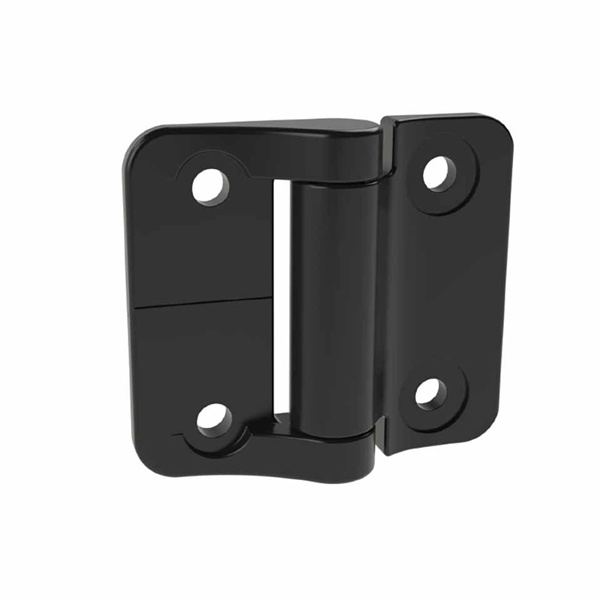Shaping the Future: The Significance of Zinc Die Casting in the Automotive Industry
2024-01-02
Introduction:
In the intricate world of automobile manufacturing, precision, durability, and efficiency are paramount. Zinc die casting has emerged as a cornerstone technology, revolutionizing the way various automotive components are produced. In this blog, we will delve into the significance of zinc die casting in the automotive industry and explore the reasons behind its widespread adoption.
Lightweighting for Fuel Efficiency:
1. Enhanced Fuel Economy:
- One of the primary advantages of zinc die casting in automotive applications is its ability to contribute to lightweighting.
- Lightweight components, such as those produced through zinc die casting, help improve fuel efficiency, aligning with the industry's constant pursuit of greener and more sustainable solutions.
Versatility in Design and Manufacturing:
2. Complex Geometries:
- Zinc die casting allows for the production of intricate and complex designs with high precision.
- This versatility in design is particularly beneficial for creating intricate automotive parts, such as housings, brackets, and structural components.
3. Reduced Assembly Requirements:
- The capability of zinc die casting to produce complex shapes and components in a single piece reduces the need for multiple parts and assembly steps.
- This simplifies the manufacturing process, enhances structural integrity, and reduces overall production costs.
Cost-Effectiveness and Efficiency:
4. High Production Rates:
- Zinc die casting is well-suited for high-volume production, meeting the demands of the automotive industry for large quantities of components.
- The high-speed nature of the die casting process allows for quick and efficient production cycles.
5. Material Efficiency:
- Zinc die casting minimizes material wastage, contributing to its cost-effectiveness.
- The process ensures that materials are utilized efficiently, reducing the environmental impact associated with manufacturing.
Corrosion Resistance and Durability:
6. Longevity and Reliability:
- Zinc die-cast automotive components exhibit excellent corrosion resistance, making them ideal for withstanding harsh environmental conditions.
- Enhanced durability contributes to the longevity of vehicles, reducing maintenance and replacement costs.
Environmental Sustainability:
7. Recyclability:
- Zinc is highly recyclable, and the scrap generated during the die casting process can be efficiently recycled.
- The recyclability of zinc aligns with the automotive industry's increasing emphasis on sustainability and environmentally friendly practices.
8. Reduced Energy Consumption:
- The energy efficiency of zinc die casting, coupled with its ability to produce lightweight components, contributes to a reduction in the overall energy consumption of vehicles.
- This aligns with the automotive industry's commitment to lowering carbon footprints.
The Future of Innovation:
Conclusion:
Zinc die casting's significance in the automotive industry is multifaceted, offering solutions to the challenges of modern vehicle manufacturing. From lightweighting and cost-effectiveness to corrosion resistance and environmental sustainability, zinc die casting plays a pivotal role in shaping the future of automobiles. As the industry continues to evolve, the versatility and efficiency of zinc die casting are expected to propel automotive innovation to new heights, ensuring that vehicles are not only reliable and efficient but also environmentally conscious.



